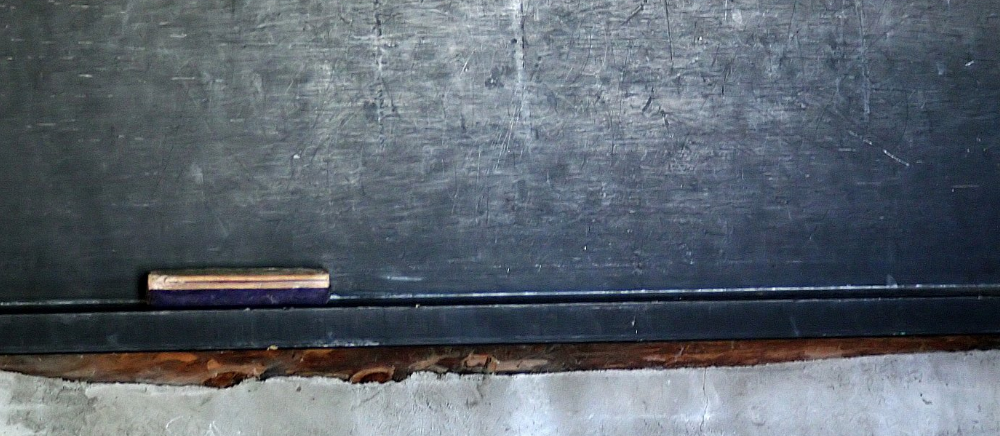"Time's up. Come on in!" I was called by a fellow group member.
I got back into the room and prepared myself to hear my peers talk about all these points that I had noticed. Yeah, yeah. I know what I did wrong.
The feedback process started with my reviewing what I did, so I began talking about the things I had noticed from watching the video.
"Well, it seems I was a little bit jumpy. I stuttered at times. And the pace of my teaching was quite erratic, I think."
They looked at each other as if to find something that wasn't there.
"Nope. I don't think you were jumpy at all." One of them said.
"Oh."
"I also don't think that you were really stuttering."
"No?"
Another member chimed in. "Umm, I don't know. Maybe just a little? It didn't really bother me though."
"Alright. And wasn't the pace of my teaching erratic?"
They looked at each other again. "I'm not sure. Was it? I mean, even if that was the case, I didn't really feel it." The rest just nodded in agreement.
They then proceeded to discuss the points that they thought were important, none of which had anything to do with the way I saw myself. I took notes and asked for clarifications. At the end of the session, the flaws I noticed about myself were almost completely forgotten - they simply did not matter anymore.
This is exactly the reason why microteaching is such a great learning opportunity and how it hits home the realization that we might not be as good at evaluating ourselves "as if looking from an outsider's point of view" as we once thought. We can rarely see ourselves the way the others see us, even when we are given a tool to do so (such as video in this case).
And just like how there are "known unknowns" and "unknown unknowns", there are "known mistakes" and "unknown mistakes", and we are helpless in realizing the latter. Those can only be seen by someone else other than ourselves.
I know that this has been said over and over in this course, almost to the point of becoming a cliché, but learning and growing are never a solo journey. Companions are vital, help is essential and mutual respect is the basic building block of the whole thing. And I can only wish that every one of you have found these crucial ingredients for long-term, sustainable growth during the span of this course.
Atipong Pathanasethpong, MD, MS


